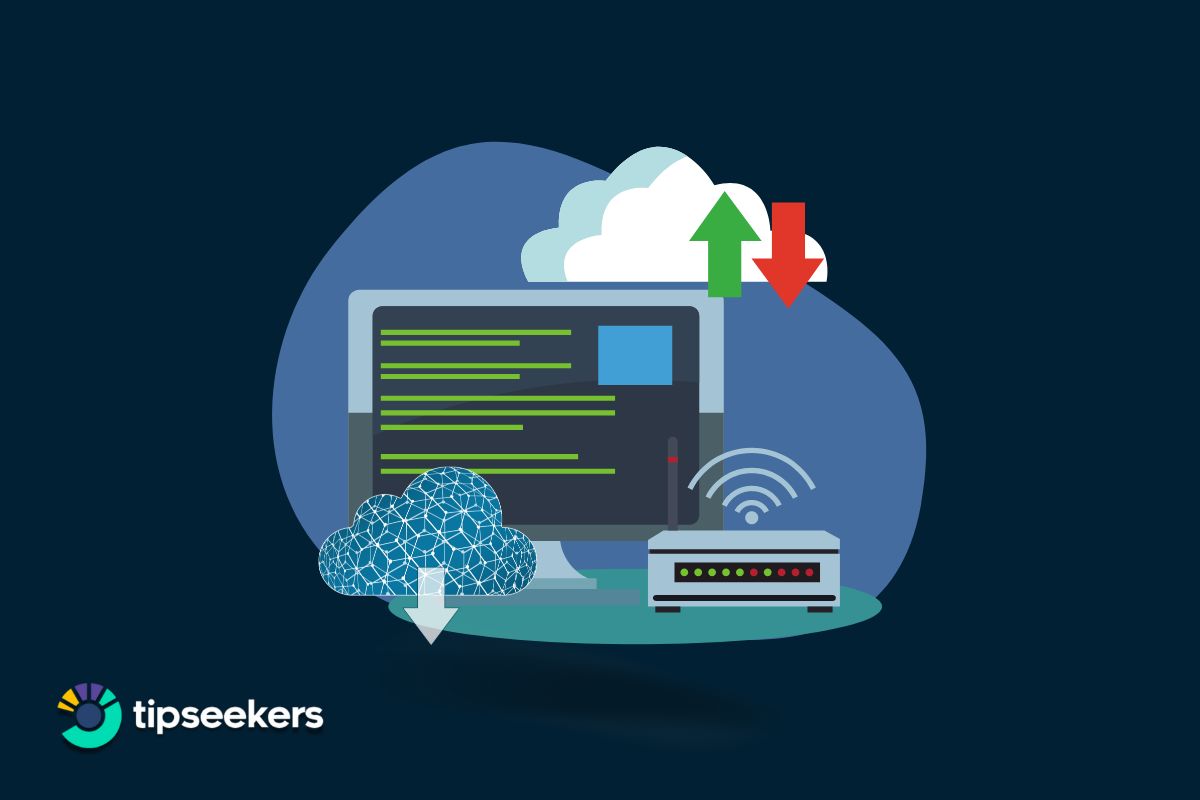Cloud computing has become an increasingly popular way for businesses and individuals to store and access their data and applications. However, like any technology, there are both pros and cons to using cloud computing. In this blog post, we will explore the advantages and disadvantages of cloud computing.
Pros of Cloud Computing:
Scalability
One of the biggest advantages of cloud computing is its scalability. This means that you can easily increase or decrease the amount of resources you use depending on your needs. For example, if your business experiences a sudden spike in traffic, you can quickly scale up your resources to handle the increased demand. This is much easier than trying to manage your own IT infrastructure, which can be costly and time-consuming.
Cost-effective
Cloud computing can also be very cost-effective. Instead of having to invest in expensive hardware and software, you can simply pay for the resources you use on a subscription basis. This can be much cheaper than owning and maintaining your own IT infrastructure, especially for smaller businesses that don’t have the resources to invest in their own hardware.
Accessibility
Another major benefit of cloud computing is that your data and applications can be accessed from anywhere with an internet connection. This makes it much easier for employees to work remotely or for businesses to collaborate with partners and customers in different locations.
Automatic updates
With cloud computing, you don’t have to worry about updating your software or hardware. The cloud provider will take care of this for you, ensuring that you always have access to the latest technology.
Cons of Cloud Computing:
Security
One of the biggest concerns with cloud computing is security. When you store your data and applications in the cloud, you are trusting a third-party provider to keep your information safe. While most cloud providers have security measures in place to protect your data, there is always the risk of a security breach.
Dependency
When you rely on cloud computing, you are dependent on your cloud provider to maintain their service. If there is a problem with the provider’s service, you could experience downtime or other issues that could impact your business operations.
Limited control
When you use cloud computing, you have limited control over your IT infrastructure. This means that you may not be able to customize your environment to meet your specific needs. Additionally, if your provider goes out of business or changes their service offering, you may be forced to switch to a different provider.
Internet connectivity
In order to use cloud computing, you need a reliable internet connection. If your connection is slow or unreliable, you may experience performance issues when accessing your data and applications in the cloud.
Conclusion:
Cloud computing can offer many benefits, such as scalability, cost-effectiveness, accessibility, and automatic updates. However, there are also some drawbacks, such as security concerns, dependency on the cloud provider, limited control over your IT infrastructure, and the need for reliable internet connectivity. Ultimately, the decision to use cloud computing will depend on your specific needs and priorities. It is important to carefully consider both the pros and cons before making a decision.









